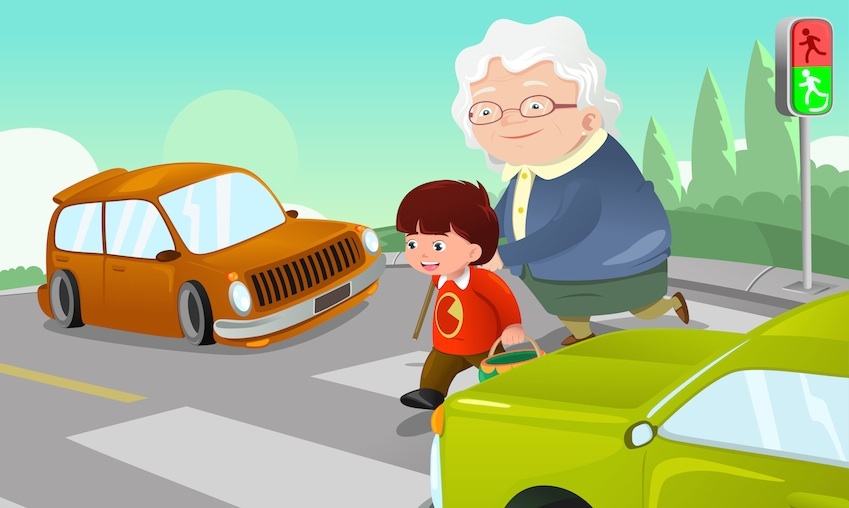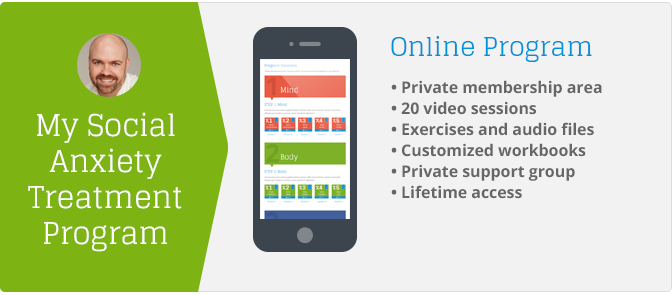Why Being Kind Makes You Feel Better

We’re constantly bombarded with reasons why our dog-eat-dog world requires us to be more driven, more selfish and more competitive if we want to succeed.
And, conversely, shy people or those with social anxiety are therefore less likely to get ahead in business or do well in school.
But researchers in Canada have been working in recent years on a series of studies to show how performing a few simple acts of kindness can help someone living with social anxiety feel better about themselves.
And it stands to reason, really, doesn’t it? Anxiety is centred mainly around two general triggers – predicting negative reactions to events which haven’t happened yet, and internalising those emotions to the extent they can spiral out of control.
Performing acts of kindness works against both of these triggers: you’re effectively pre-empting a positive outcome to your actions and you’re being mindful of the moment by considering others.
So that reads pretty well in theory – but how do you measure that practically?
Jennifer Trew and Lynn Alden – who are social psychologists at the University of British Columbia and Simon Fraser University – have performed a number of studies to try and quantify exactly how “paying it forward” can help treat social anxiety.
In 2013, the pair asked 142 undergraduates who likely fitted a diagnosis of Social Anxiety Disorder to take part in a study where a third would perform three acts of kindness for a stranger or family member two days a week for four weeks, a third would perform avoidant behavioural experiments which made them feel more comfortable such as not talking or covering their mouths while smiling and a third would act as a control by simply recording a daily activity log.
The results revealed performing kind acts increased positive moods more than behavioural experiments, reduced negative moods and led to less social avoidance. Interestingly they also found that it didn’t matter who benefited from the kind deed – a friend, family member or total stranger.
And earlier this year the same researchers divided 115 undergraduate students who reported high levels of social anxiety into three more groups: one which performed more acts of kindness, another which was exposed to social interactions, and a third control group who simply kept a daily journal.
The study showed the group which performed the acts of kindness had the greatest overall decrease in desire to avoid social situations.
The acts of kindness in each case were small, easily accomplished acts – such as mowing a neighbour’s lawn, opening a door for someone or doing a roommate’s dishes – rather than grand gestures. But the results were conclusive: in each case, someone with social anxiety gained a more positive perception of the world and a better expectation of how others would respond to them.
In an interview on UBC’s Department of Psychology website, Dr Alden said the studies could lead to better treatment for those with social anxiety – especially in helping them increase involvement in social situations. Social exposure exercises might be enhanced by encouraging anxious individuals to focus on kind actions.
Summary:
Next time you see someone struggling to push a stroller with a child, open the door for them; start thanking grocery clerks for their helpfulness, or offer to get a morning coffee for a co-worker this week. Such random acts of kindness are a great way for you to start getting more social exposure, I’d certainly encourage you to give it a go!
All the best, Kyle
Next post: In the Limelight: How to Live With Stagefright
Previous post: Out From The Shadows


